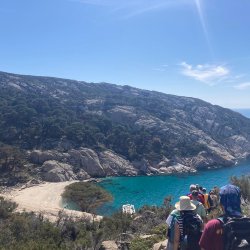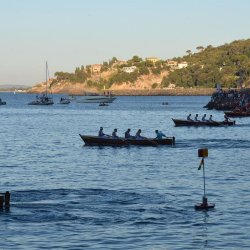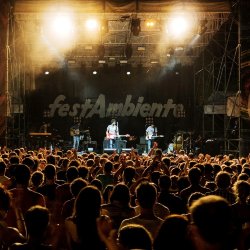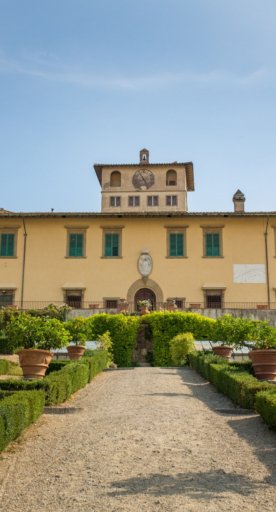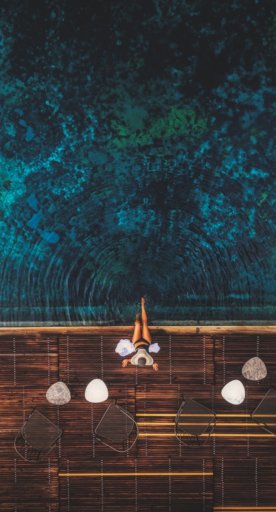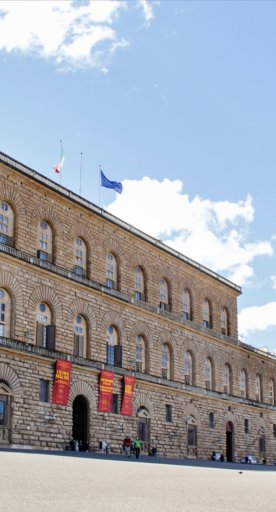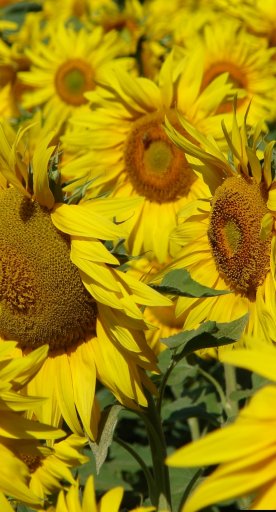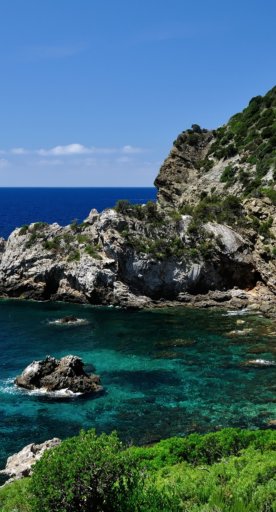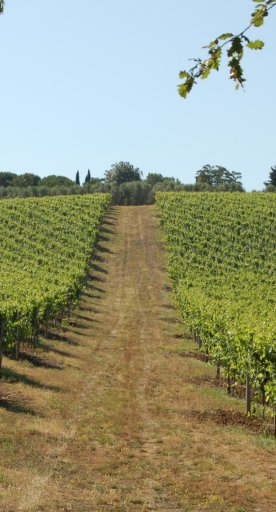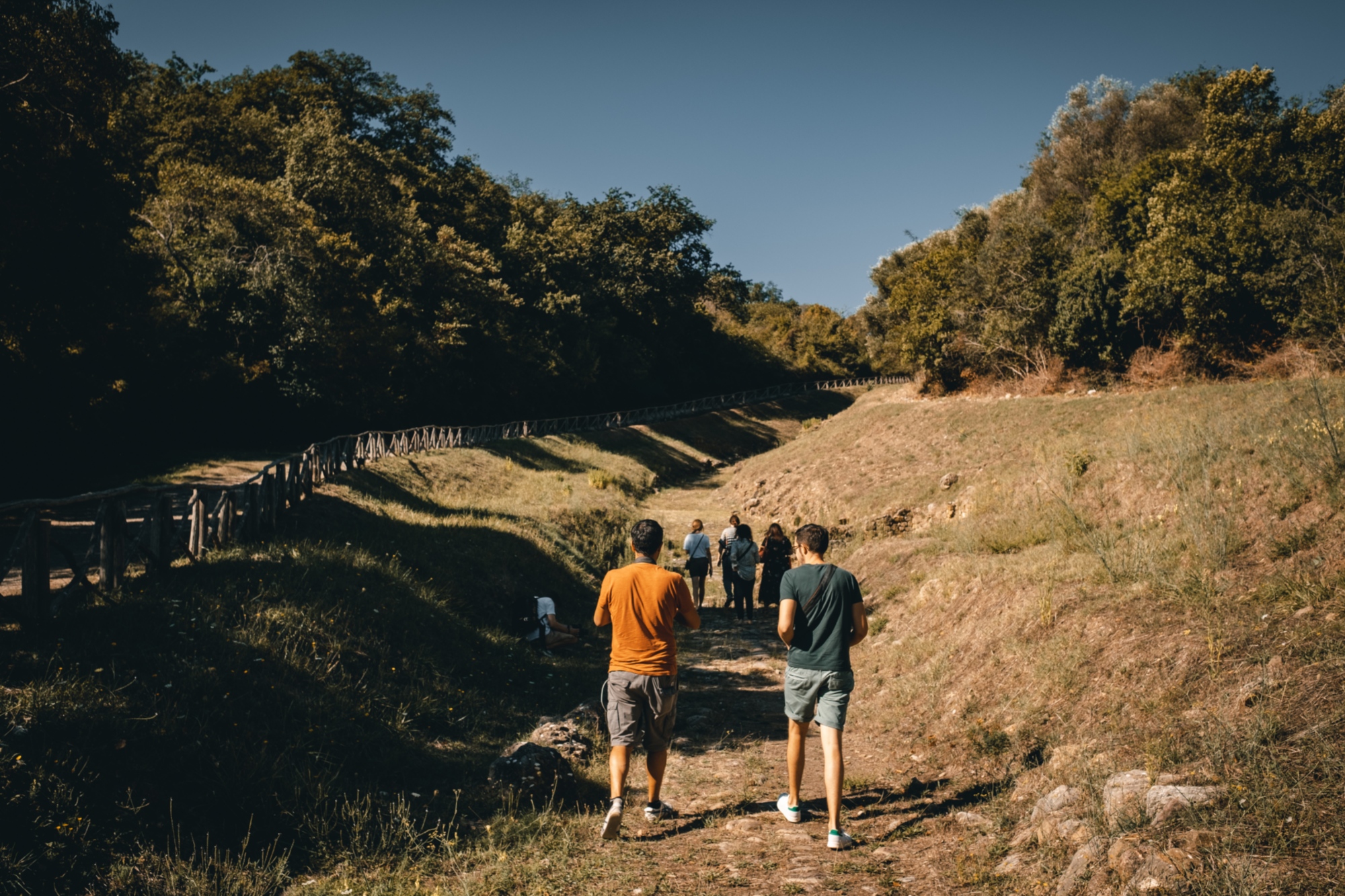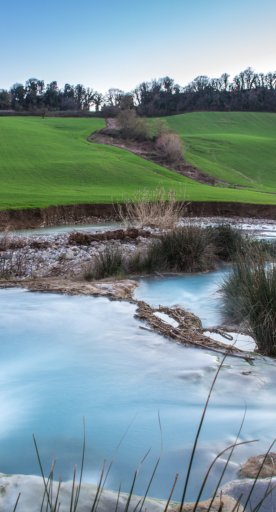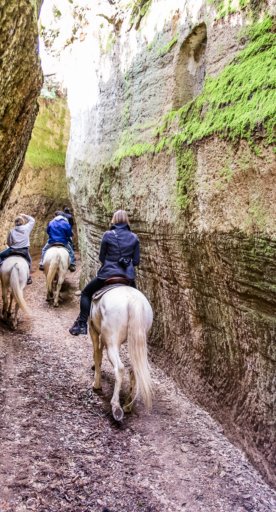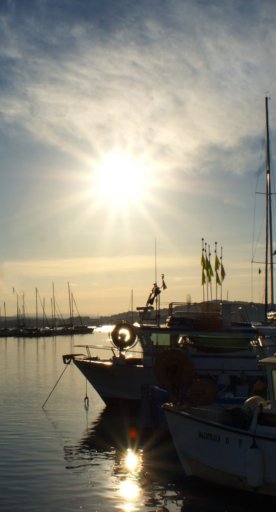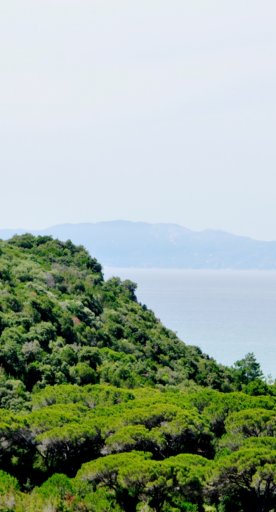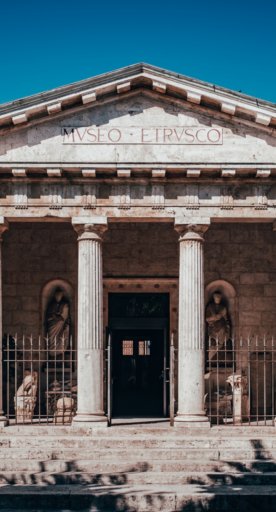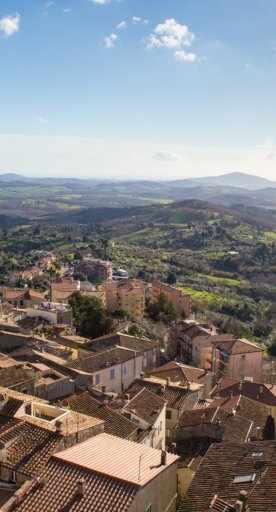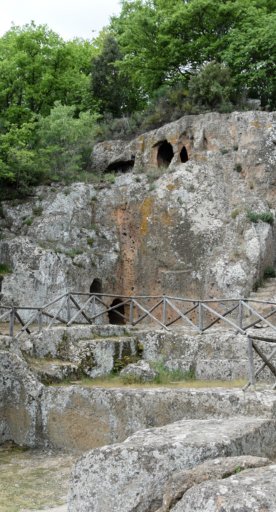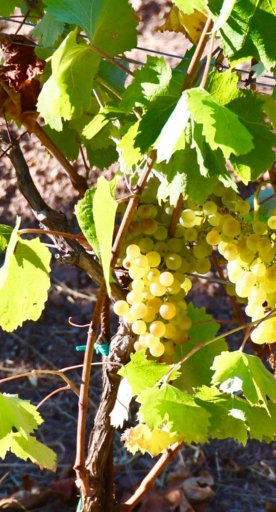Magliano in Toscana in the heart of the Maremma area
Etruscan origins surrounded by nature
Magliano in Toscana is a small medieval village situated in the heart of the Maremma area of Tuscany, bordering the towns of Grosseto, Manciano, Orbetello and Scansano. Ancient defensive walls built between the late Middle Ages and the Renaissance period characterize the town that sits on the ridge of a hill covered by olive trees and vineyards.
-
1.Etruscan and Romans origins
-
2.Discovering the village
-
3.The walls
Etruscan and Romans origins

Archaeological excavations in the surroundings of the centre of Magliano in Toscana have brought to light numerous archaeological sites, both Etruscan like the necropolis of Heba, and Roman, built their town on the pre-existing settlements of Etruscan origin. Magliano has been part of the domain of the Aldobandeschi Counts (11th century), then of the Republic of Siena (till the mid-sixteenth century) and finally of the Grand Duchy of Tuscany, at the time controlled by the Medici family.
Discovering the village

Today Magliano in Toscana is a lively village perfect for a walk immersed in the countryside. We can start from Porta San Giovanni, located in the south side, and then walk along Corso Garibaldi till the thirteenth-century Palace of Checco Bello (right side of the street), with its Gothic façade. On the left there is the church of San Giovanni Battista (in Piazza della Repubblica) in Romanesque style but with visible traces of the restorations that took place over the centuries. On the inside there are frescoes of the Sienese School and a baptismal font dating back to 1493.

Another building that is worth a mention is the Palazzo dei Priori, between Corso Garibaldi and Piazza della Libertà, with all the symbols of the families coats of arms the façade. In Piazza della Libertà you can also find the church of San Martino (first mentioned in the XIII century) and a few meters away there is the Porta San Martino, with splendid views on the countryside. There is a third door in addition to Porta San Giovanni and Porta San Martino and it is called Porta Nuova.
The walls

The walls have a recently renewed walkway from where you can enjoy a breath-taking view of the countryside up to the sea. You can also visit the centre of archaeological documentation, which shows artefacts found in various archaeological sites around the centre, as well as to reconstruct aspects of life during the Etruscan-Roman period.


